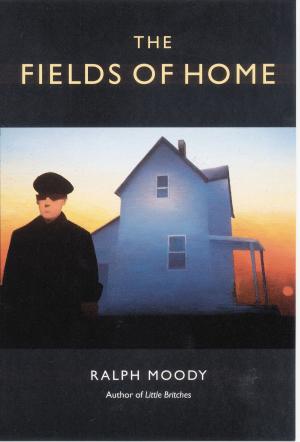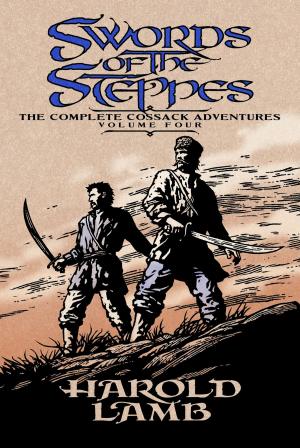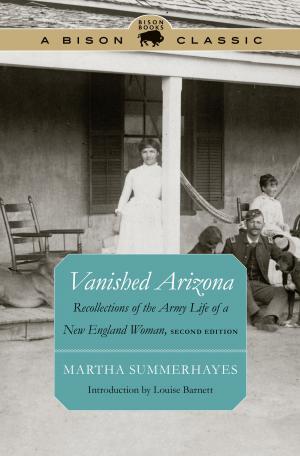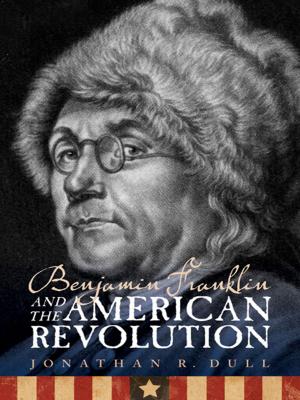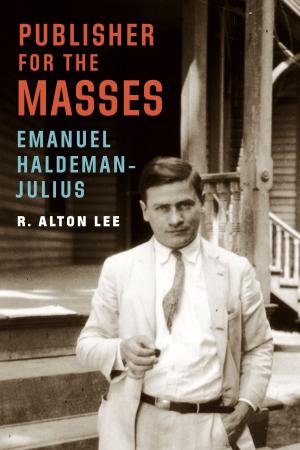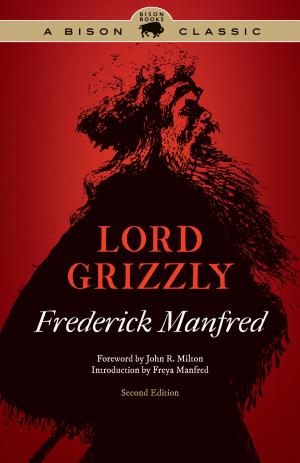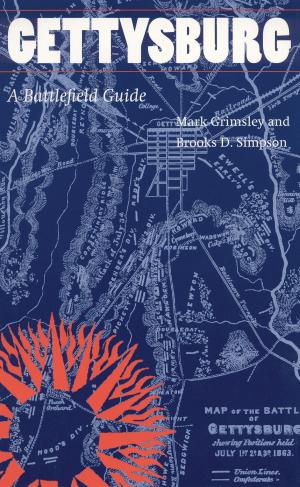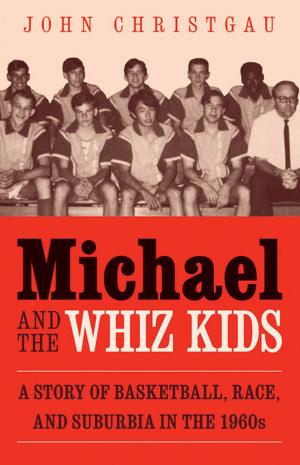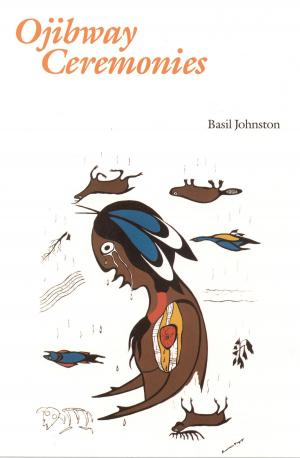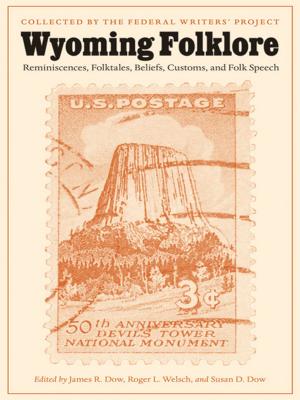The Great Baseball Revolt
The Rise and Fall of the 1890 Players League
Nonfiction, Sports, Baseball, History| Author: | Robert B. Ross | ISBN: | 9780803294783 |
| Publisher: | UNP - Nebraska | Publication: | April 1, 2016 |
| Imprint: | University of Nebraska Press | Language: | English |
| Author: | Robert B. Ross |
| ISBN: | 9780803294783 |
| Publisher: | UNP - Nebraska |
| Publication: | April 1, 2016 |
| Imprint: | University of Nebraska Press |
| Language: | English |
The Players League, formed in 1890, was a short-lived professional baseball league controlled and owned in part by the players themselves, a response to the National League’s salary cap and “reserve rule,” which bound players for life to one particular team. Led by John Montgomery Ward, the Players League was a star-studded group that included most of the best players of the National League, who bolted not only to gain control of their wages but also to share ownership of the teams.
Lasting only a year, the league impacted both the professional sports and the labor politics of athletes and nonathletes alike. The Great Baseball Revolt is a historic overview of the rise and fall of the Players League, which fielded teams in Boston, Brooklyn, Buffalo, Chicago, Cleveland, New York, Philadelphia, and Pittsburgh. Though it marketed itself as a working-class league, the players were underfunded and had to turn to wealthy capitalists for much of their startup costs, including the new ballparks. It was in this context that the league intersected with the organized labor movement, and in many ways challenged by organized labor to be by and for the people.
In its only season, the Players League outdrew the National League in fan attendance. But when the National League overinflated its numbers and profits, the Players League backers pulled out. The Great Baseball Revolt brings to life a compelling cast of characters and a mostly forgotten but important time in professional sports when labor politics affected both athletes and nonathletes.
The Players League, formed in 1890, was a short-lived professional baseball league controlled and owned in part by the players themselves, a response to the National League’s salary cap and “reserve rule,” which bound players for life to one particular team. Led by John Montgomery Ward, the Players League was a star-studded group that included most of the best players of the National League, who bolted not only to gain control of their wages but also to share ownership of the teams.
Lasting only a year, the league impacted both the professional sports and the labor politics of athletes and nonathletes alike. The Great Baseball Revolt is a historic overview of the rise and fall of the Players League, which fielded teams in Boston, Brooklyn, Buffalo, Chicago, Cleveland, New York, Philadelphia, and Pittsburgh. Though it marketed itself as a working-class league, the players were underfunded and had to turn to wealthy capitalists for much of their startup costs, including the new ballparks. It was in this context that the league intersected with the organized labor movement, and in many ways challenged by organized labor to be by and for the people.
In its only season, the Players League outdrew the National League in fan attendance. But when the National League overinflated its numbers and profits, the Players League backers pulled out. The Great Baseball Revolt brings to life a compelling cast of characters and a mostly forgotten but important time in professional sports when labor politics affected both athletes and nonathletes.

